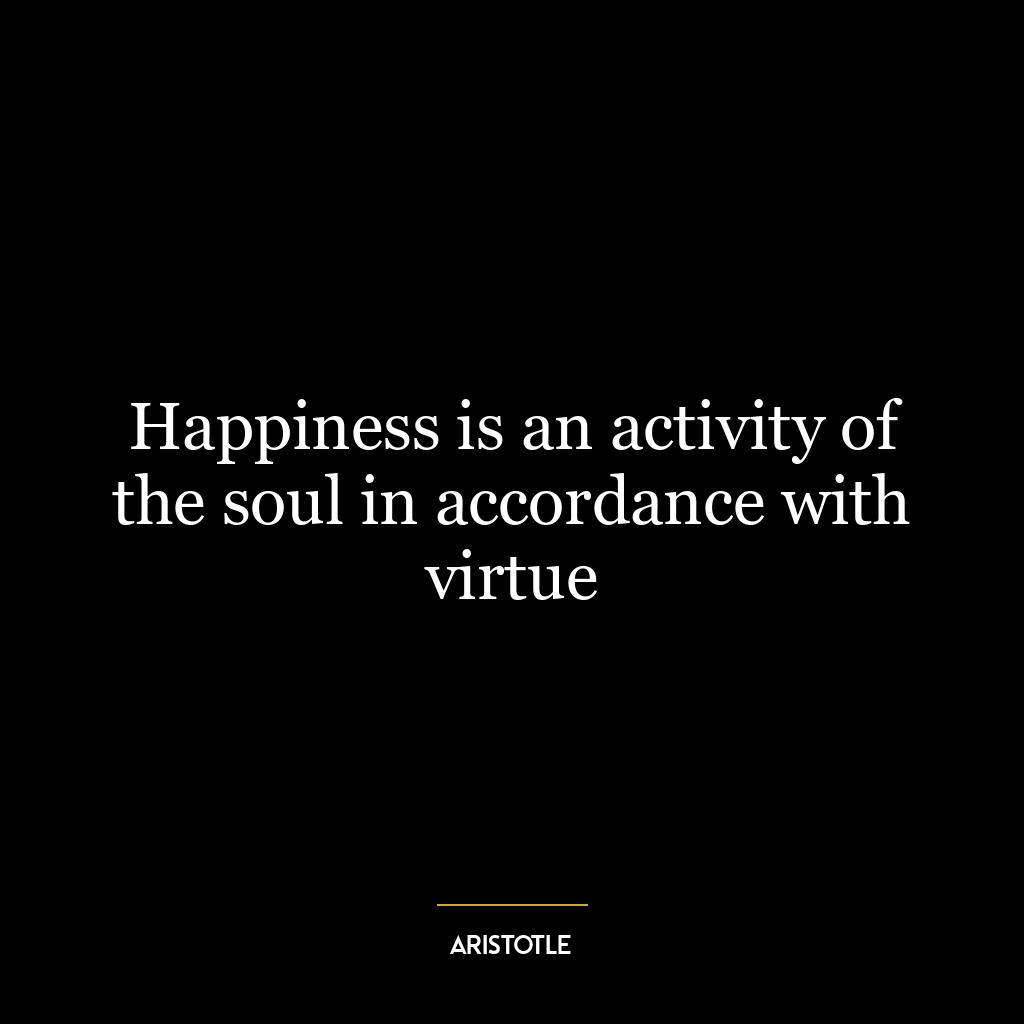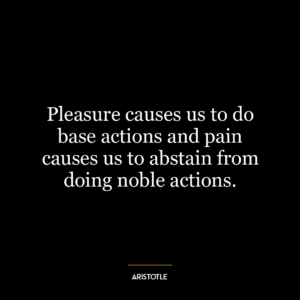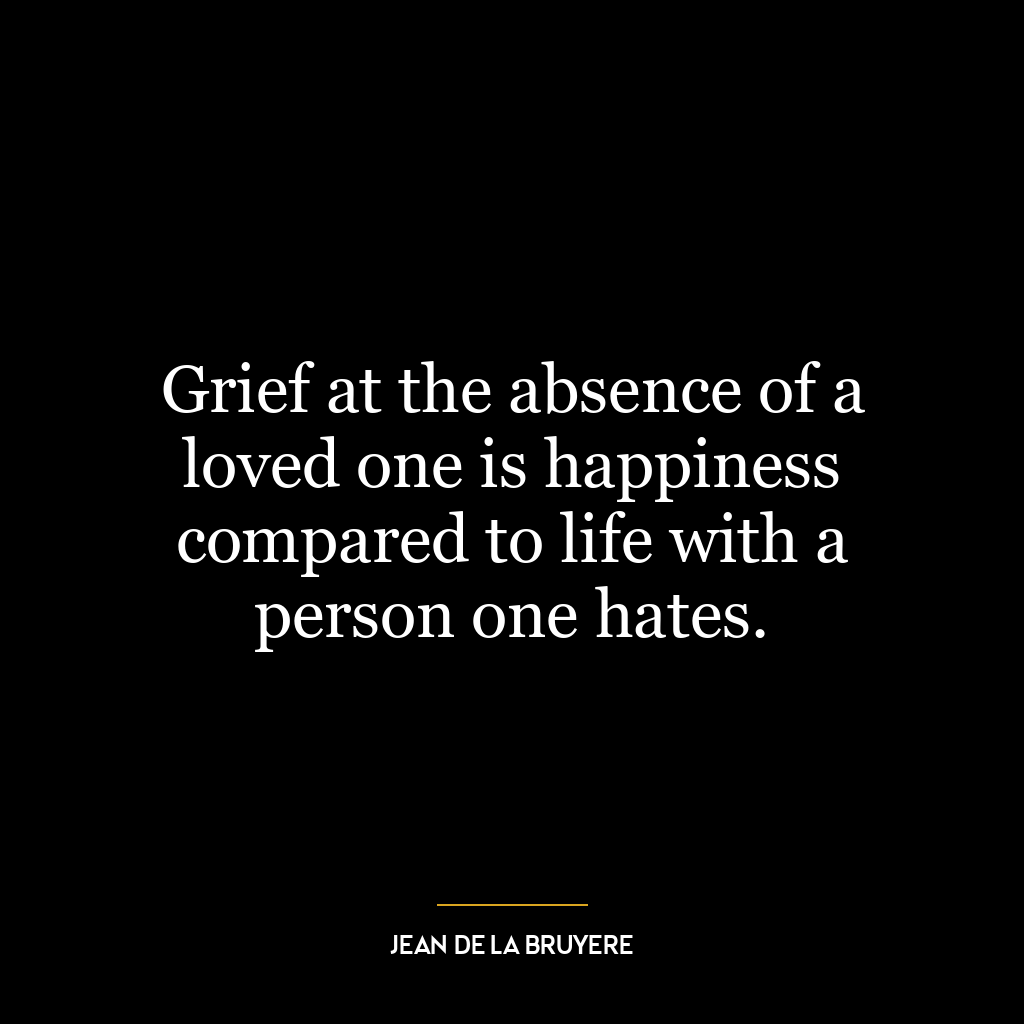Happiness is an activity of the soul in accordance with virtue” is a profound statement that encapsulates the essence of what it means to lead a fulfilling life. The quote suggests that happiness is not a passive state of being, but rather an active pursuit, a journey that requires conscious effort and commitment. This commitment is not towards external achievements or materialistic gains, but towards nurturing our inner selves, our souls.
The mention of ‘virtue’ refers to moral excellence, goodness, righteousness. It implies that true happiness can only be achieved when our actions align with our highest values, when we live a life of integrity, and when we act in ways that are morally commendable. It’s about making choices that reflect who we are at our core, and not just what is convenient or easy.
This idea is deeply relevant in today’s world, where we are constantly bombarded with external measures of success and happiness, such as wealth, fame, beauty, or power. However, these external achievements can often lead to a hollow sense of fulfillment. The quote reminds us to look inward for true happiness, to act with virtue, and to align our actions with our deepest values and beliefs.
In terms of personal development, this idea can be applied by focusing on cultivating our inner virtues, such as kindness, honesty, courage, humility, etc. It’s about developing a strong moral compass and making choices that reflect these virtues. It’s about understanding that happiness is a by-product of living a virtuous life. It’s not about chasing happiness, but about living in a way that naturally brings about happiness.
So, in essence, the quote is a call to action. It’s a call to live actively and consciously, to cultivate our inner virtues, and to align our actions with these virtues. It’s a reminder that true happiness is not something that can be found outside of us, but something that we cultivate within us. It’s a powerful and timeless message that is as relevant today as it was when it was first spoken.















